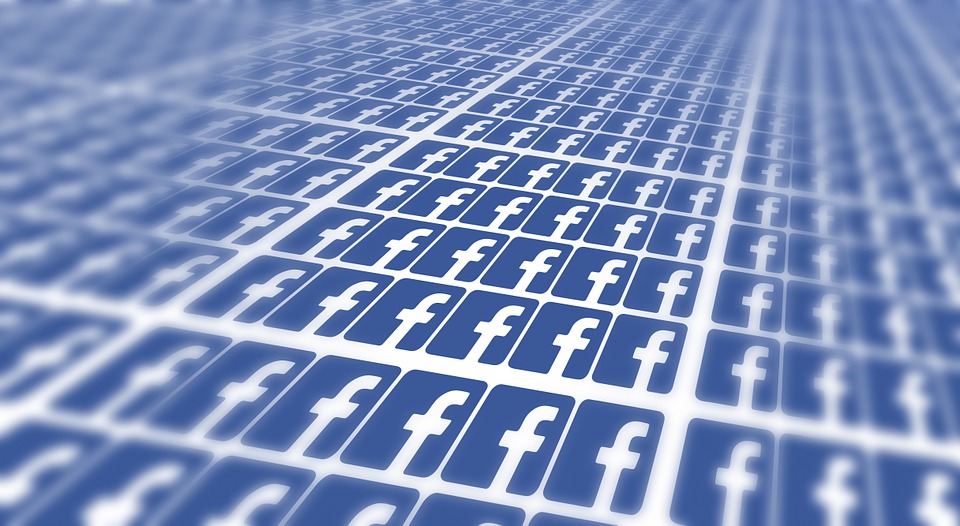In an earlier post, I explained why I felt like I needed to take a break from my compulsive use of the Internet – mainly Facebook, Reddit and YouTube. Well, after a month I decided to re-activate my Facebook (although I’m still avoiding the crack cocaine of the Internet that is Reddit – for the time being at least).
The Benefits of Being Unplugged
Yes, deactivating my Facebook for a month carried a lot of benefits. I had so much more free time, meaning I could focus on more meaningful activities. I realised that, for the most part, Facebook served as not just a useless form of procrastination, but even a negative way to distract myself.
As I described in that earlier post, it dawned on me that the social comparison aspect of Facebook was creating, or magnifying, many negative emotions and thoughts. On my laptop I already had a Newsfeed eradicator installed, but really, I need this on all my devices.
The mental health benefits of unplugging became palpable. It was a relief to not feel the pull of the Newsfeed and to end up going on a binge of eating up envy-baiting posts. With Facebook, it’s all too easy to forget that what you’re seeing in people’s lives is completely unrealistic and narrow. People’s lives are not this exciting all the time.The troubling mental health effects of Facebook are well-documented.
Why Didn’t I Stay Unplugged?
Although I needed a break from Facebook, this wasn’t because it is in itself a problem, it was how I was using that was the problem. Of course, the very nature of Facebook makes it easy to waste time on it, and to use it compulsively, despite it interrupting basic functions, such as sleep.
A month without Facebook gave me room to assess my habit of scrolling the Newsfeed, social comparison stalking, posting envy-baiting content, and getting into silly arguments. I am (hopefully) more conscious of this now, so can notice it and keep it in check if these habits surface again.
But a month without Facebook also made me realise how useful it is, and how embedded it is in maintaining social circles, finding out about events, staying in the loop, and keeping up-to-date with what’s happening in the world. Also, I missed the group conversations. Even if they didn’t involve organising nights out, my chats were still a source of sharing interesting content or talking nonsense (more important). Just as using Facebook can decrease your well-being, it can also be associated with feeling positive.
And as a writer and blogger, I was undoubtedly limiting my reach by being unplugged from Facebook. It was an unavoidable fact: if I want to maximise the social media sharing potential of what I was writing, I had to be on Facebook. Twitter is necessary, but it’s not enough.
I also learned that most of my ‘friends’ on Facebook weren’t really friends, by any stretch of the imagination. Yes, I had met them once or knew them somehow, but I had no reason to stay connected to them, really. So I went on a massive cull, going from nearly 900 ‘friends’ to 200 now (count yourself lucky!)
There are many cool and interesting people who I would like to stay connected to, even if we met once travelling and I never see them again. But the cull was necessary because to become fixated on the lives of others is one thing, but to get inundated with updates from people you barely know, or perhaps, don’t even like that much – well, what’s the point in that?
